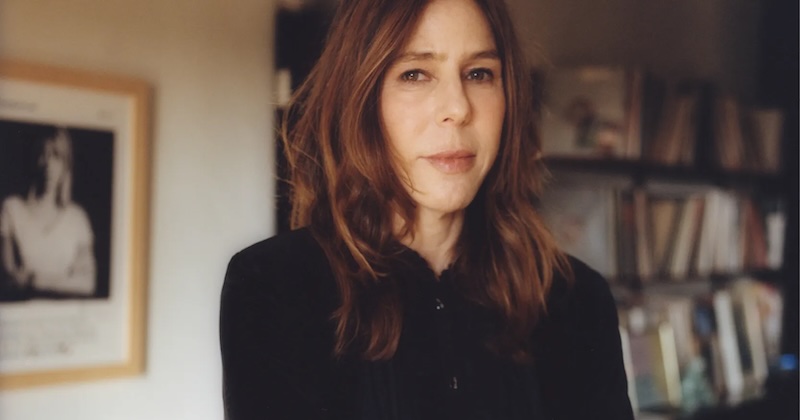
"Every time I watch it, I’m transfixed anew." Rachel Kushner on her favorite films.
Need something good (and weird) to watch tonight? Novelist, noted film buff, and general haver-of-good-taste Rachel Kushner has put together a list of her favorite films for Galerie, a new online film club with offerings curated by a variety of cultural luminaries.
“The films I loved as a child—actually, let me correct and amend that: the films that marked me as a child—those films mark me still,” Kushner says. “Deep cinema, let’s call it. When I go back and look at movies now that I first saw before the age of 12 or so, the wonder and mystery and disturbance is all still there. And my compendium of deep cinema only grows. I’m always looking to be marked or touched in a way that teaches me about the world and about art and about myself. Here are a few movies that have stayed with me.”
Find a few of Kushner’s “deep cinema” favorites, with her explanations, below; her full curator collection is available at to subscribers at Galerie.
Ladybird Ladybird, dir. Ken Loach, 1994
Gus Van Sant told me about this film. It wasn’t available to stream, so I programmed a screening of it at Metrograph just to be able to see it. It’s the saddest movie ever made, and everyone in the theater was crying (you’d have to be a serial killer not to). The sadness is worth it. Crissy Rock, a comedian from Liverpool who plays the main character and could not herself read until she was in her late twenties, is searing and unforgettable as the mother who loses all her children to social services. But it’s not a dreary film. The opening scene, of a karaoke bar, is ground zero for karaoke scenes in movies. Ken Loach is ground zero for rendering, with great sensitivity and dignity, the tragic lives of people in tough circumstances.
Non-Fiction, dir. Olivier Assayas, 2018
“Today’s world in a nutshell: No one asks us, then it’s too late,” says one of Non-Fiction’s characters, a book publisher (Guillaume Canet) forced by the market to contemplate a bleakly digital future. It’s one of the film’s many long ensemble conversations about a changing world. You might think such a film would be too marked by its moment and the year, 2018, in which it was made, but no: Non-Fiction was ahead of its time and feels prophetic still today, in 2024, in terms of people and their self-deceptions and the smoothly convenient technological hell we’ve made for ourselves. Inside of which, everyone still thinks they’re the one genuine true real thing, and they are right, if only from a certain angle. Today I feel like it’s my favorite of his films, and even possibly his most affirming and joyful.
Bambina, dir. Alberto Lattuada, 1974
The original title of this Lattuada romp was I’ll Take Her Like a Father, and what ensues is even more illicit than you’re picturing. A real-estate speculator makes a deal to marry a landowner’s daughter, sight unseen, who turns out to be an aphasic woman-child, probably suffering from autism. She’s also smoldering hot, in a baby-doll nightie, and famished for sex. In Poor Things this setup leads to self-discovery and independence as the character Bella Baxter grows up. In Bambina the character stays in her pre-language state, horny and grunting, and the real-estate speculator leaves language behind to join her there. Bliss!
Anna, dirs. Alberto Grifi & Massimo Sarchielli, 1975
Anna, about a pregnant teenage girl living on the streets of Rome, is the mother of all films about Italy in the 1970s. Everything is shown, including Anna in the shower with lice shampoo, and yet the film is full of mystery, as if its scenes contain invisible secrets that bear intense scrutiny and never entirely divulge themselves. Every time I watch it, I’m transfixed anew.
Morvern Callar, dir. Lynne Ramsay, 2002
The novel on which Ramsay’s gritty and sublime mood portrait is based happens to be one of my all-time favorite works of literature (the novel of the same name by Alan Warner), but what makes it so great as literature is its unfilmable interiority, Morvern’s incantatory thoughts. And yet Lynne Ramsay, who must love this book as much as I do, understood how to build something—a world that is equal to, if necessarily different from, the effect of the book.
Emily Temple
Emily Temple is the managing editor at Lit Hub. Her first novel, The Lightness, was published by William Morrow/HarperCollins in June 2020. You can buy it here.



















